Why Intelligent Room Technology Is the Next Big Thing
Technology is no longer just a tool—it’s an integral part of our daily lives, shaping how we live, work, and interact with the world around us.
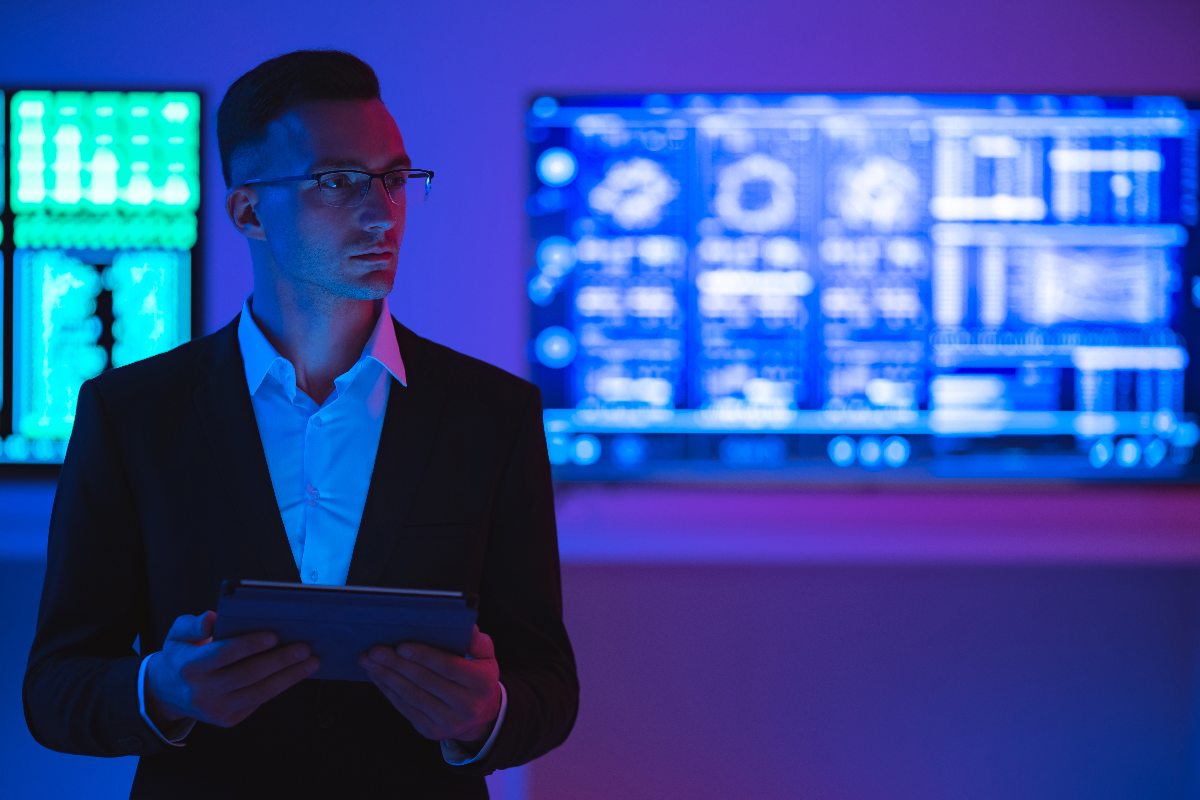
Technology is no longer just a tool—it’s an integral part of our daily lives, shaping how we live, work, and interact with the world around us.
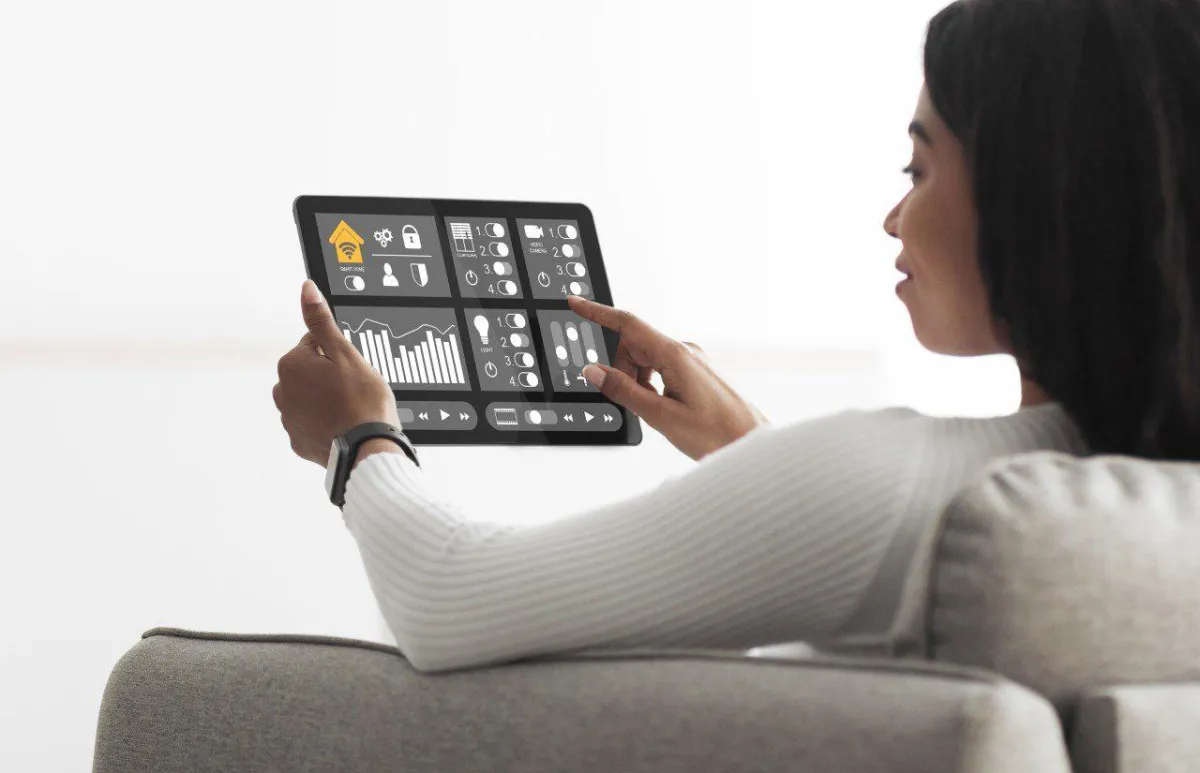
Take control of your home! Explore smart home automation systems that boost comfort, security & efficiency. Learn the pros & cons before you invest.
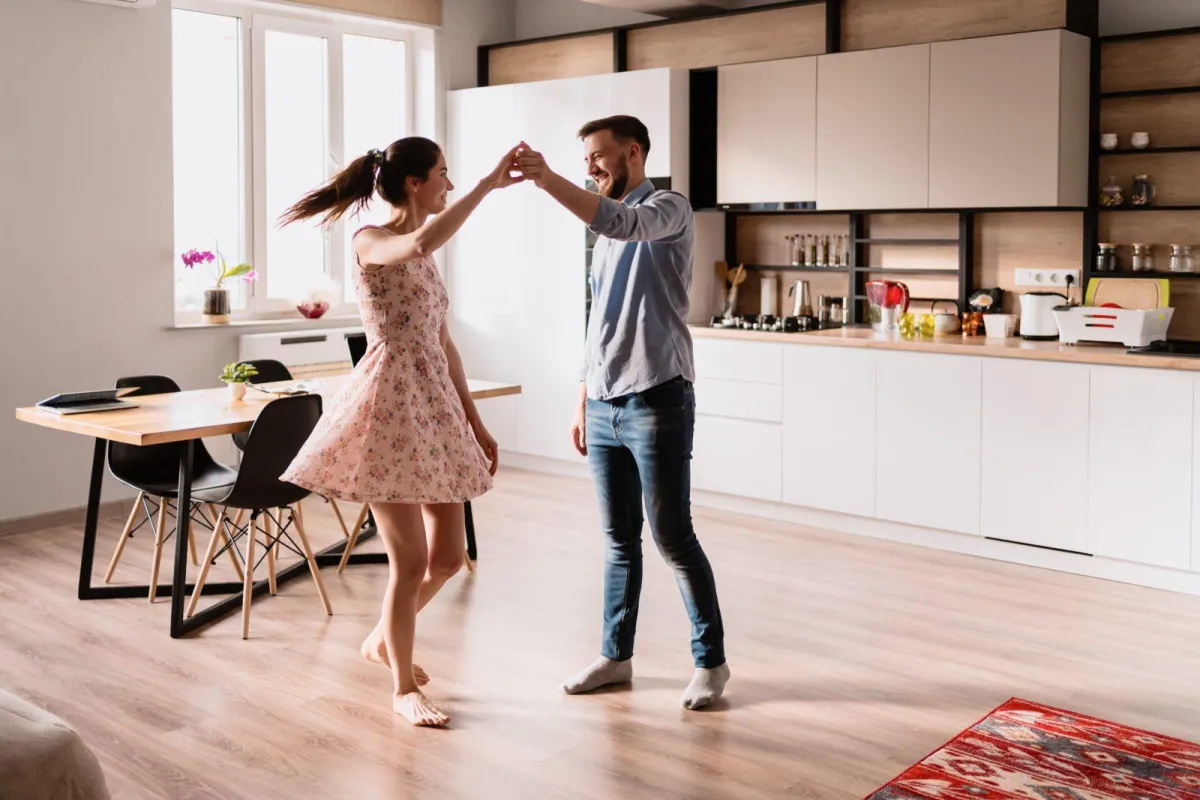
Discover how smart home technology improves your health & wellbeing. Explore smart lighting, water filtration & biophilic design to create a healthy haven in your own home. Get a free consultation today!
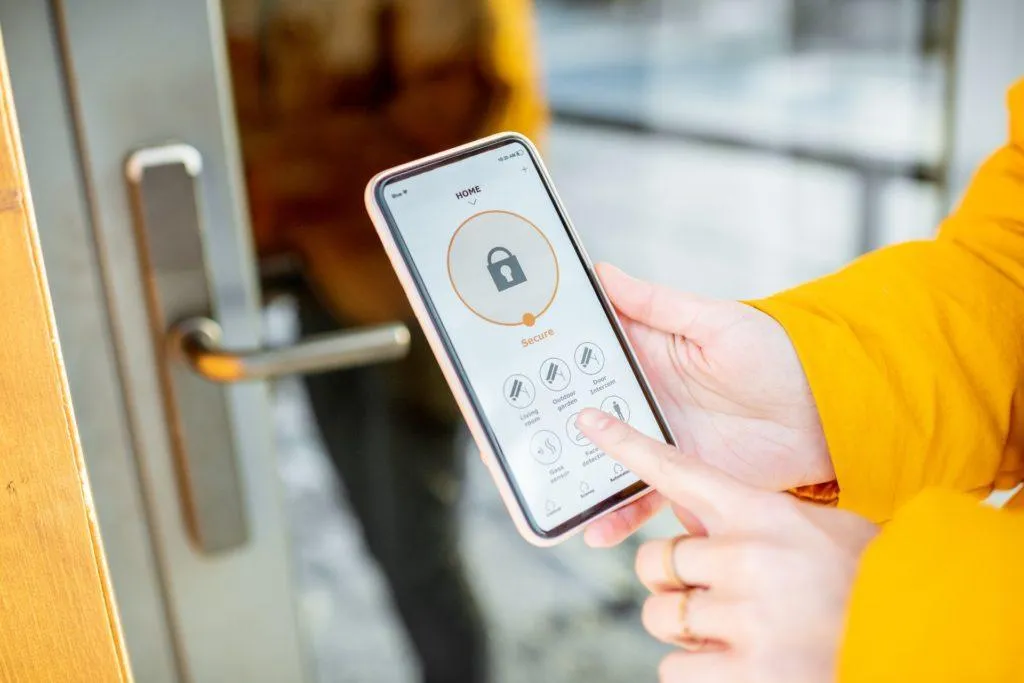
Ditch the keys! Explore how smart locks can revolutionize your home security. Learn about different types, features, and how they compare to traditional locks. Find out if smart locks are safe and secure your home smarter today!
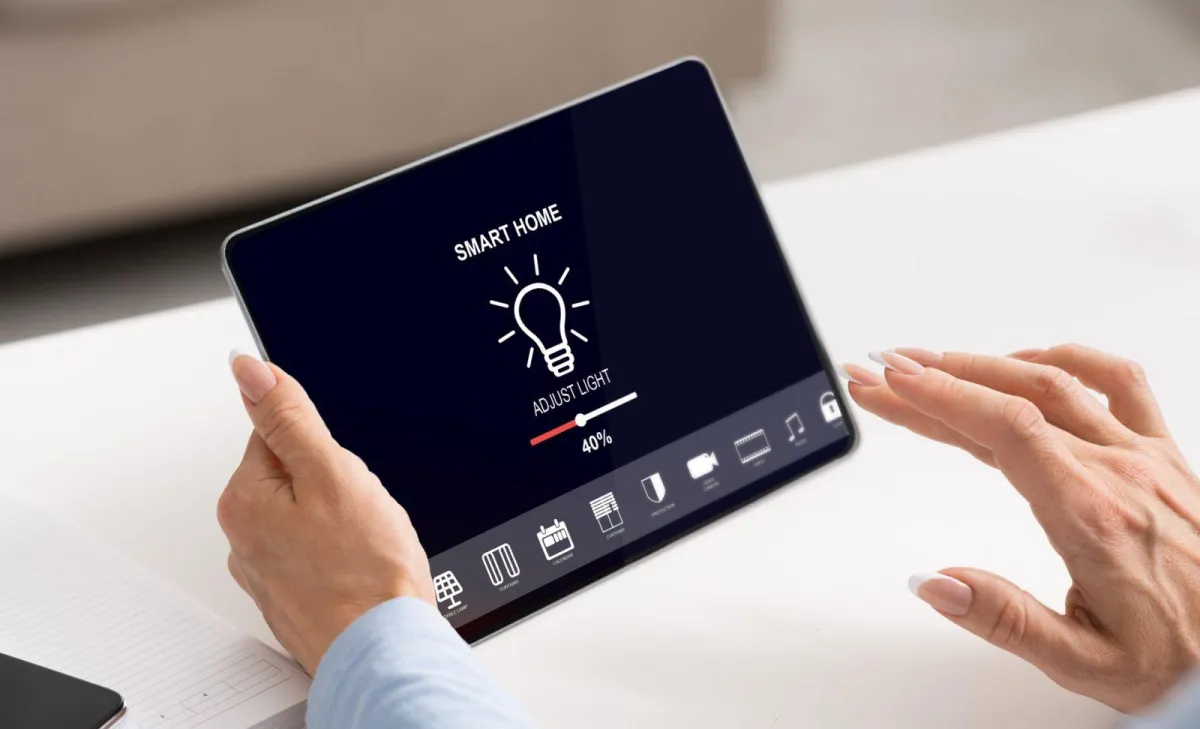
Traditional light switches a drag? Smart home lighting offers remote control, customizable schedules & voice assistants. Learn how to ditch the switch & elevate your home!
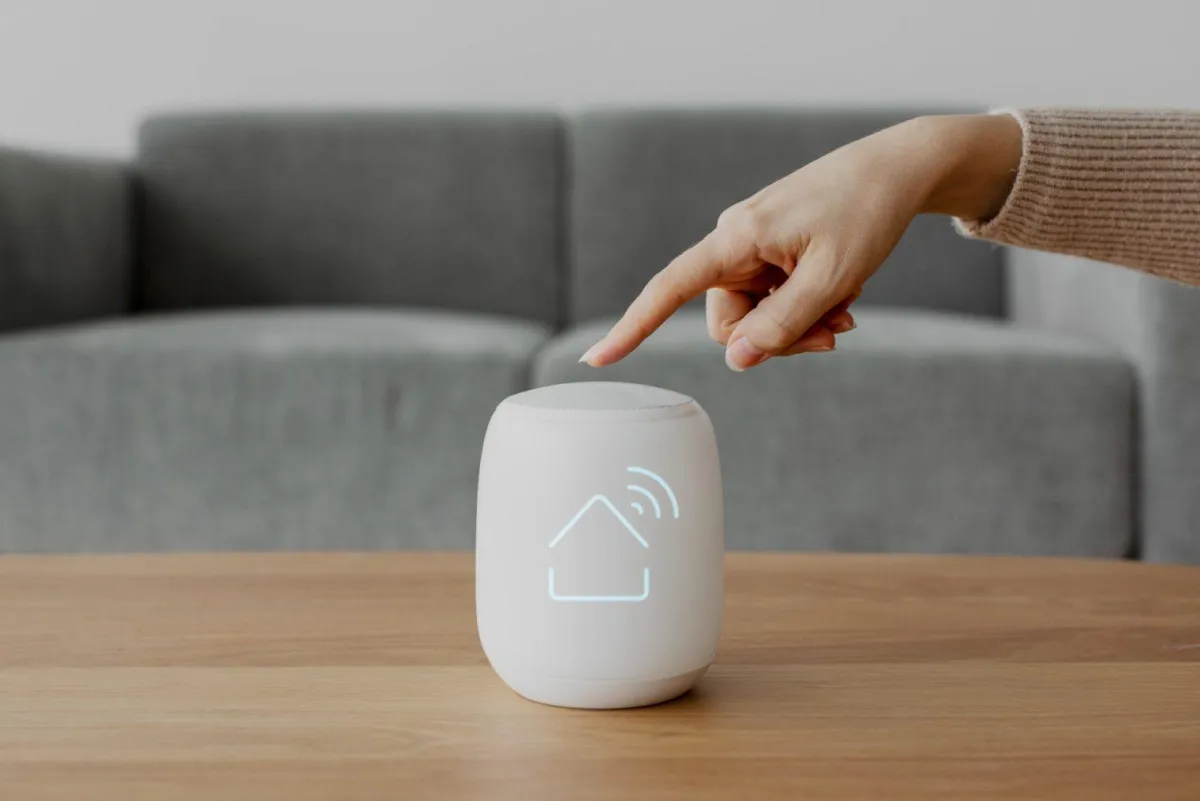
Confused about App vs Voice Control for your Smart Home? Dive deep into the pros and cons of both. Learn which system best suits your needs for ultimate comfort and control.

Sphere Audio Video | © 2025. All Rights Reserved
Site By Trustway Marketing
Powered by Kyrios Systems